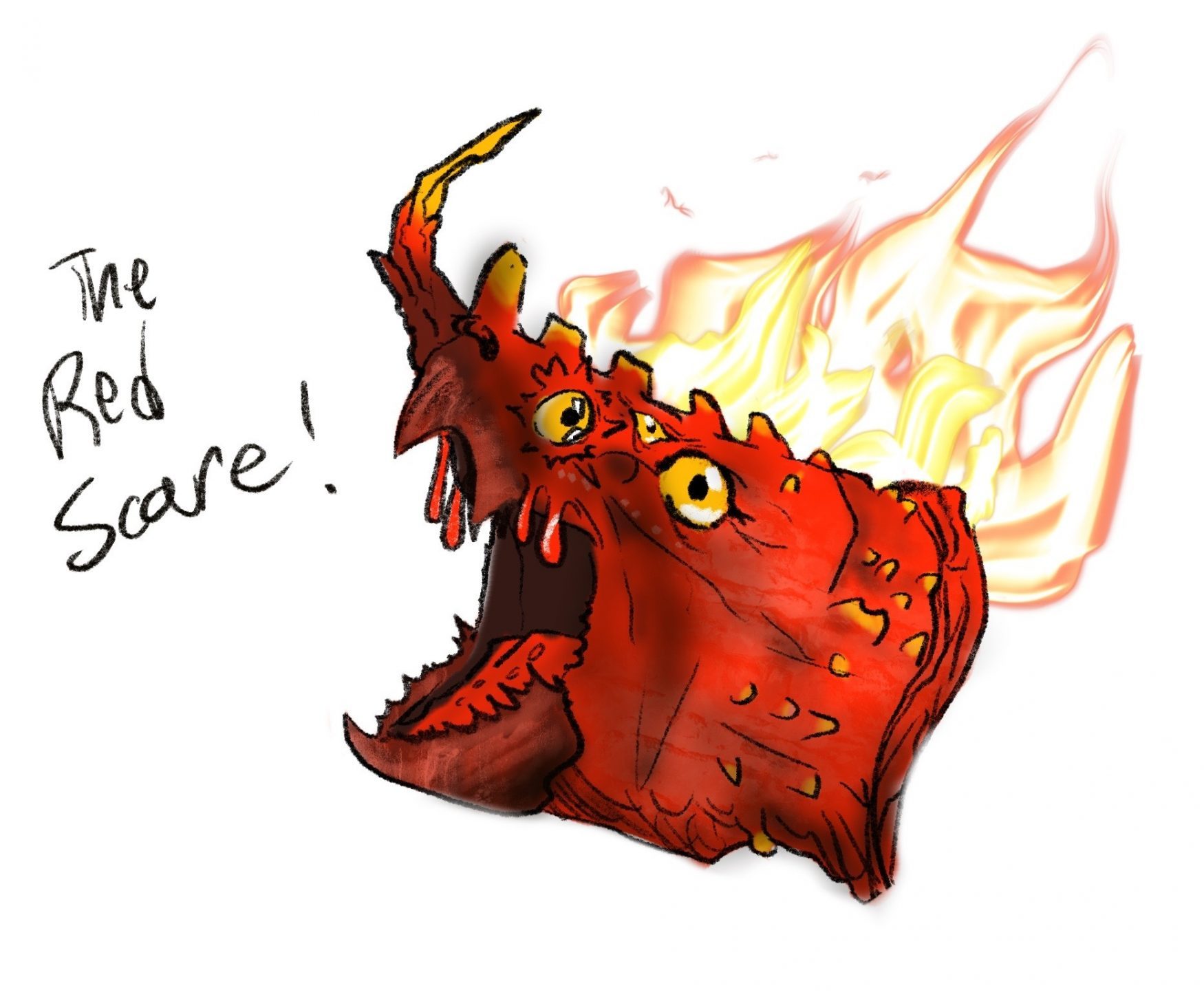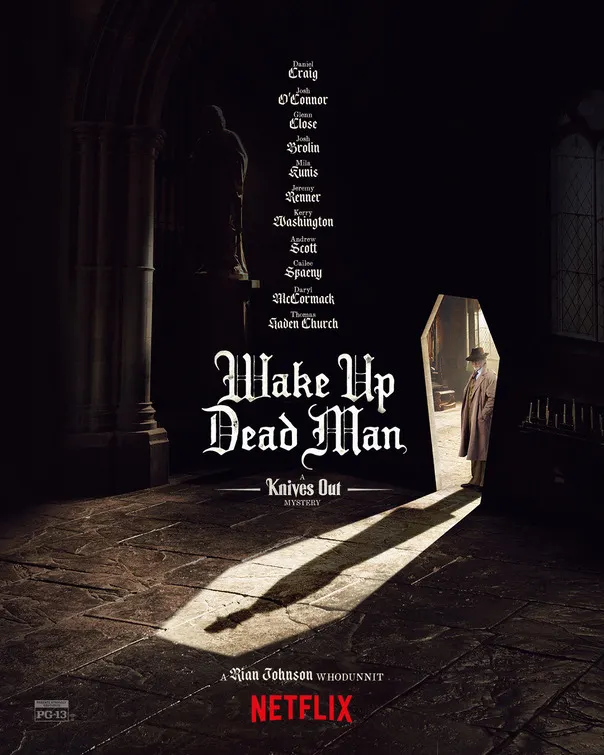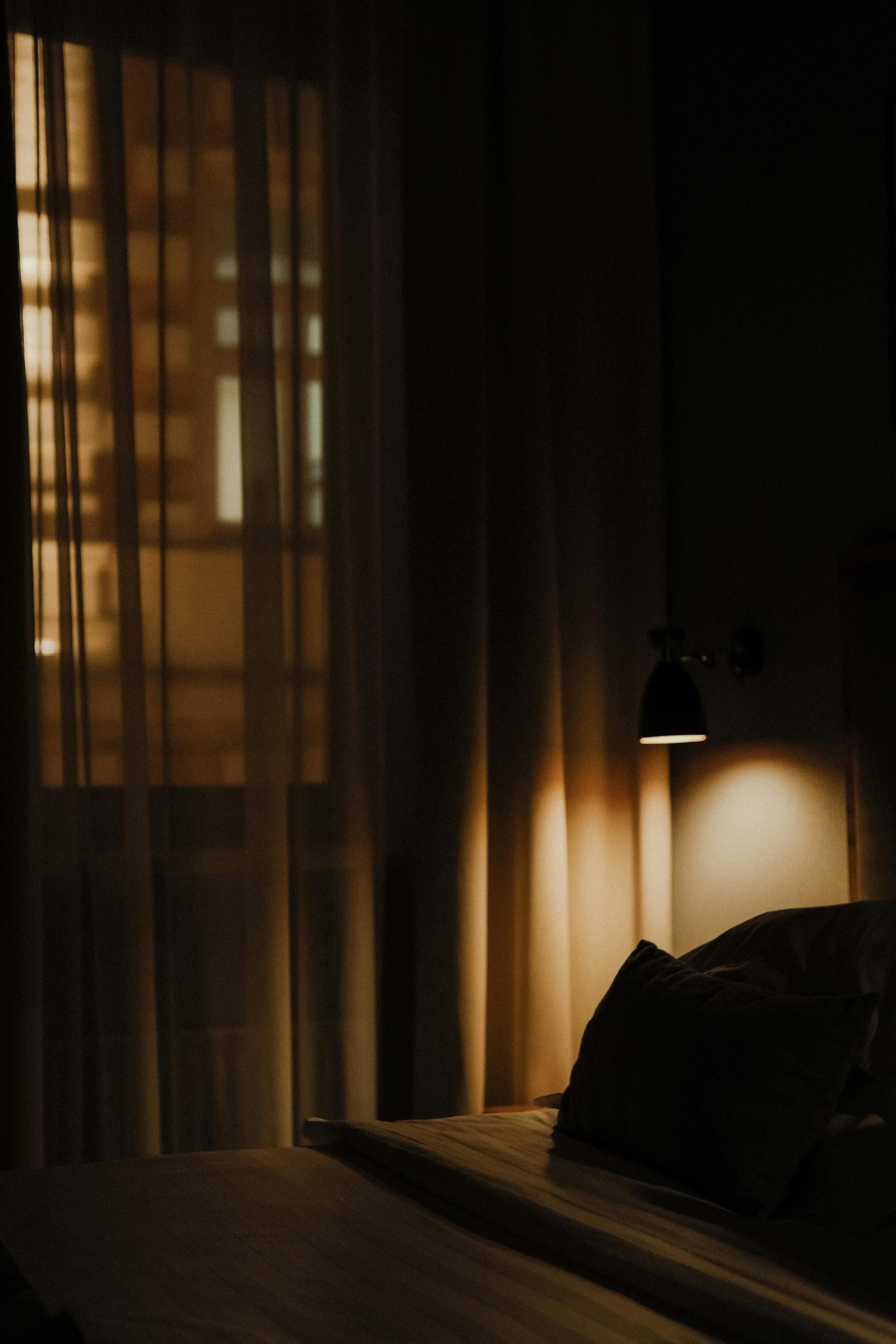By Patrick Dobyns, Opinion Editor, Illustration by Evie Hawkey
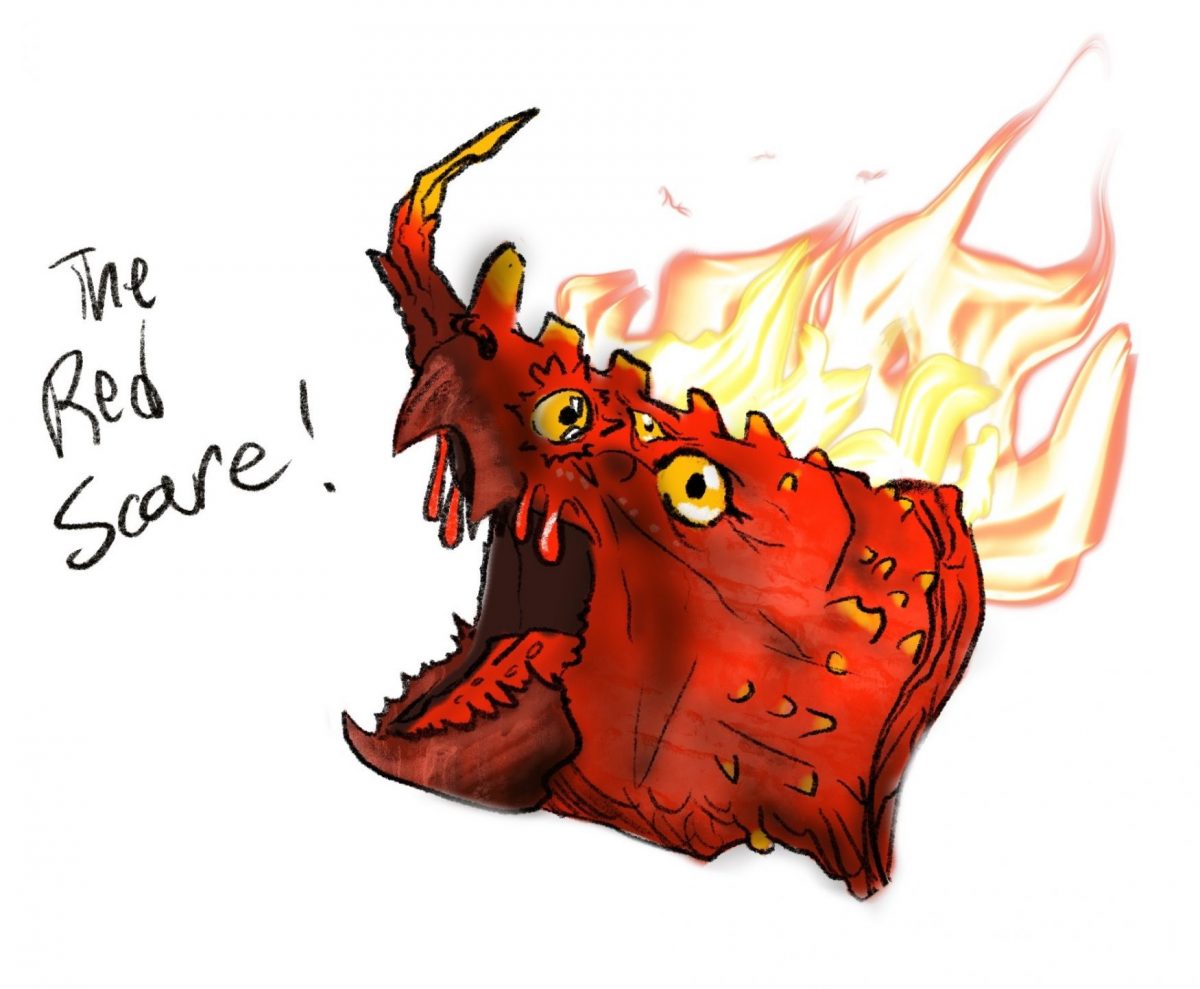
“Are you now, or have you ever been, a Communist?” In the 1940’s to 60’s, these ten words had the power to destroy careers, no matter how secure they may have seemed. The actions of the Soviet Union and the success of Communist forces in China led to an intense paranoia in US society, as the United States’ leaders and much of its general public began to fear that communism would destabilize, or even overthrow, their government. Political leaders, such as Wisconsin Senator Joseph McCarthy, built entire campaigns off of this fear, spear-heading movements of anti-communist rhetoric and civil actions. These lawsuits were often based solely on political party affiliation, rather than any concrete evidence of illegal activity and, as a result, people were ostracized or incarcerated solely for their political beliefs.
Even before McCarthy lent his name to the witch-hunt for communists, the Hollywood film industry was targeted for fostering people who were thought to be associated with the Communist Party of the United States (CPUSA). J. Edgar Hoover, the Director of the FBI throughout the majority of this Red Scare era, launched investigations into members of the CPUSA. At the same time, William R. Wilkerson, founder of the Hollywood Reporter, began publishing issues that would list prominent film artists as suspected communists. This caught the attention of the House Un-American Activities Committee (HUAC), who began calling some of these individuals to court, asking them to testify to the existence of subversive activities within the film industry.
Forty-two people were subpoenaed, the majority of whom were labelled as “friendly” and cooperated with HUAC’s questioning. Among their numbers were such names as Walt Disney, Gary Cooper, and Ronald Reagan. Disney listed specific individuals he suspected held communist sympathies, while Reagan testified that certain cliques within the Screen Actors Guild (of which he was President) used “communist like tactics” to steer guild policy, although he named no names and believed the union had them under control.
However, 19 of those subpoenaed were deemed “unfriendly.” They had announced that they would not cooperate with HUAC, and when 10 were called to testify, they refused to answer questions about their affiliations with the CPUSA, citing their First Amendment right to free speech and free assembly. Charged with contempt of Congress, the “Hollywood Ten,” as they would come to be known, were each fined $1000 (worth over $14,500 today) and sentenced to a year of jail time.
While this may have been a harsh punishment, it was not the worst the Ten had to endure. On 25 November 1947, President of the Motion Picture Assembly of America (MPAA) Eric Johnston met with almost 50 film executives in New York’s Waldorf Astoria Hotel and issued a press release now known as the Waldorf Statement. In it, he declared that the 10 film artists charged with contempt of Congress would be fired without pay and would not find work in Hollywood again until they were cleared of charges and disavowed themselves from communism.
Not all of Hollywood was against the Ten, however. Over 200 professionals offered their voices to court proceedings in their defense, but the Supreme Court denied review. Of those 200, 84 were also blacklisted. The message was clear: if you defended someone on the blacklist, you would be put on it as well.
The First Amendment Committee (FAC) was formed by prominent actors and leading figures in Hollywood during the trial of the Hollywood Ten to protest HUAC’s questioning, deeming it unconstitutional. Among their numbers were famous names such as Lucille Ball, Humphrey Bogart, Henry Fonda, and Judy Garland. Involvement with the FAC was apparently reason enough for investigation, though, as several members were called by the State Committee to explain their affiliations.
An important detail to note is that the blacklist was not a single document controlled by some cabal of Hollywood executives, but something much more fluid. The American Legion, with no affiliation to the film industry, published its own list with 128 names in 1949, one of which being playwright Lillian Hellman, who had ten motion pictures under her belt. She would not find work in Hollywood again until 1966. American Business Consultants Inc. also published a list of their own in their weekly publication Counterattack, which named 151 people in broadcasting and journalism.
As HUAC hearings became more frequent, many more careers were destroyed by the blacklist. Families were destroyed when those under questioning named their own spouses. Innocents suffered because of similarities in name, appearance, and specialties to blacklisted individuals. Completely apolitical films were scrapped if only a few members of the American Legion suggested there might be some pro-communist elements within the writing. Bartley Crum, the lawyer for the Hollywood Ten, was so intensely investigated by the FBI that he could not retain any clients due to the surveillance; unable to deal with this and constant harassment, he committed suicide in 1959. Karl Cohen states in his book, Forbidden Animation: Censored Cartoons and Blacklisted Animators in America, that the entire point of the HUAC hearings was to divide and intimidate the political left and, to a degree, it worked; causes such as the Civil Rights Movement or opposition to nuclear testing became much harder to support in the climate of paranoia towards the far-left.
It wasn’t until 1960 that the blacklist began to lose its power. In 1957 John Henry Faulk, a radio host for CBS, was fired and blacklisted after receiving scrutiny from a private firm affiliated with Counterattack. Rather than try to find work outside of Hollywood, like many other blacklisted individuals attempted to do, he filed a lawsuit against the firm. While the case dragged on for five years, the courts eventually ruled in favor of Faulk. Suddenly, blacklisters were to be held liable for the damages caused to careers from their publications. While many suffered for many more years after this decision, this largely put a halt to active campaigns against industry blacklists. At the same time, in 1960, Dalton Trumbo, one of the original Hollywood Ten, was announced to be the screenwriter for Otto Preminger’s upcoming film Exodus.
While the Red Scare continued on throughout most of the rest of the twentieth century, the Hollywood blacklists seemed to be coming to a halt.
On 17 July 2025, CBS announced that it would be cancelling The Late Show with Stephen Colbert. While stating that the reasoning was purely financial and due to the challenge of running a show during the late hours of the day, this had come directly after Stephen Colbert had called the $16 million settlement with the Trump administration “a big fat bribe.” After Charlie Kirk’s assassination on 10 September, talk show host Jimmy Kimmel criticized the Trump administration’s investigation into the affair, stating that he and his allies were “desperately trying to characterize this kid who murdered Charlie Kirk as anything other than one of them.” His comments prompted Federal Communications Commission chair Brendan Carr to lean on ABC to take action against Kimmel, stating “We can do this the easy way or the hard way.”
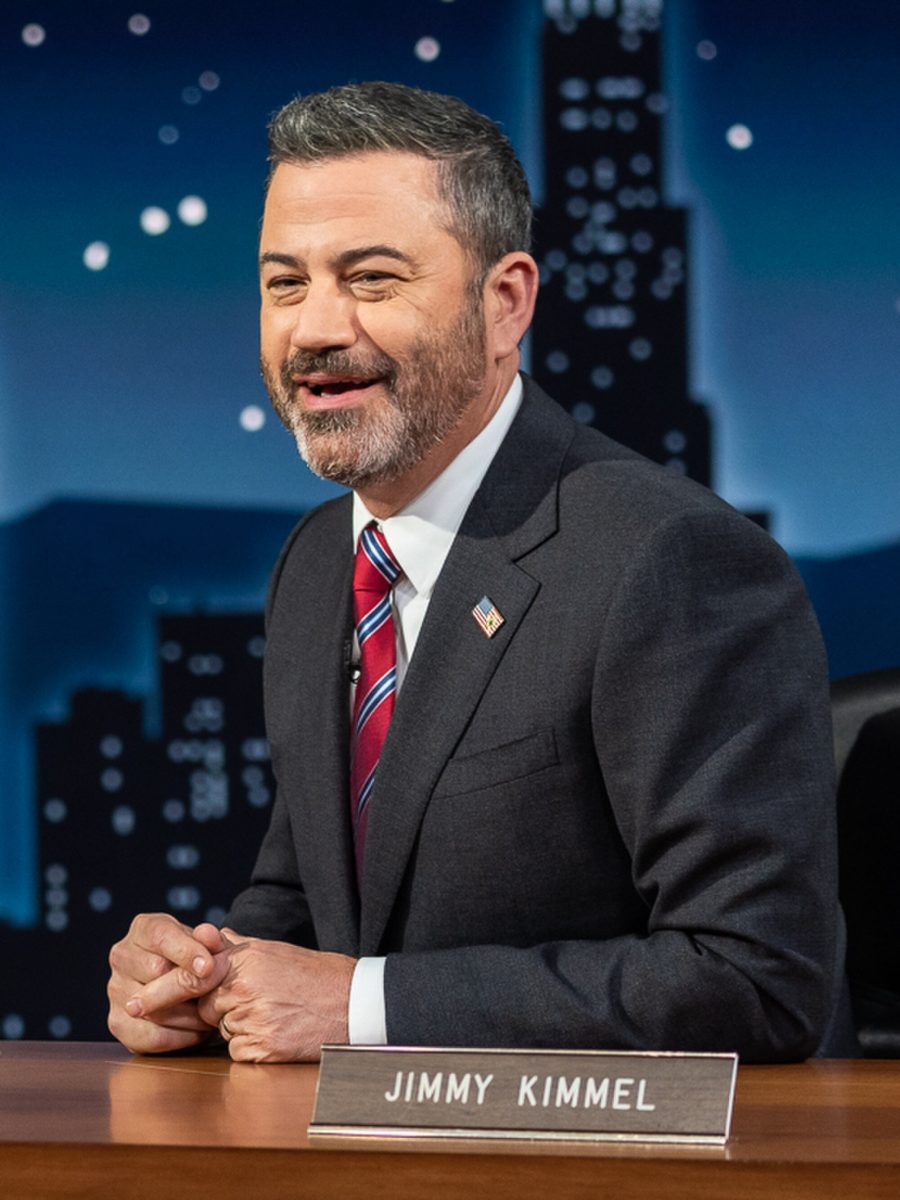
Despite the fact that Kimmel was re-hired on 23 September, this course of action bears a frightening resemblance to the events of the 40’s and 50’s. The Trump administration has been leaning on multiple media outlets that have criticized him. He has advocated the firing of multiple hosts and has threatened or pursued legal actions against them. These are far from isolated incidents, as MSNBC’s Matthew Dowd, Fox News’ Bobby Machado, and PHNX Sports’ Gerald Bourguet, were all dropped by their respective studios over comments made about Kirk. While some comments were making light of his assassination, others were simply stating facts, quoting Kirk’s own rhetoric, or directed more at the current administration than Kirk himself. In recent weeks, media criticizing the Republican Party has faced retribution, not only from the government but the major media studios as well.
The First Amendment, which protects our freedom of speech and our right to assembly, is again being challenged. It is too often taken for granted that we can voice our dissent without fear of government reprisals, and the targeting of the media has historically been the first step in dismantling that right. As was shown with Kimmel’s rehiring, we can be an influence to major studios by letting them know that we won’t let the news be silenced and that they have more to lose financially from our protests than they do from Trump’s reprisals.

